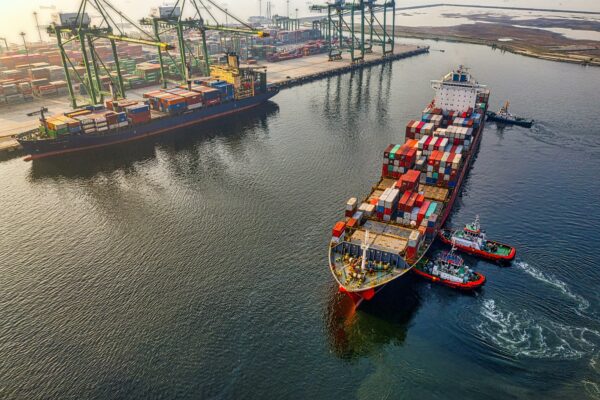Zencargo Market Update: 30th October 2023
Oct 30, 2023
Scroll to find out more
Oct 30, 2023
Scroll to find out more

MSC and Maersk have already begun to separate their fleets in preparation for the dissolution of the 2M Alliance at the end of next year.
This has led to speculation that the two carriers may agree to end their east-west vessel-sharing alliance early. This split of the 2M Alliance will bring about significant structural changes in the liner market.
The Alliance partners (Hapag-Lloyd, ONE, Yang Ming and HMM) have a combined capacity of 3.1m TEU, similar to the 2M capacity. The Ocean Alliance, (CMA CGM, COSCO, OOCL and Evergreen), is the largest vessel sharing alliance with a combined capacity of 4.22m TEU. This capacity will expand as the Ocean Alliance has a massive order book of 2.8m TEU for delivery from 2024, including 36 ultra-large vessels that will be stemmed for the Asia-Europe trades.
Ocean
Air
Air
Ocean
Road
European Bank Holidays
We anticipate a shortage of availability and the occurrence of delays around the bank holiday periods. Plan ahead and allow extra time for your products to be delivered.
Oct 30 – Ireland (Eire)
Oct 31 – Germany*, Slovenia
Nov 1 – Austria, Belgium, Croatia, France, Germany*, Hungary, Italy, Lithuania, Luxembourg, Poland, Portugal, Slovakia, Slovenia, Spain
Nov 2 – Belgium*, Lithuania
Nov 4 – Finland, Sweden
Nov 9 – Spain*
Nov 11 – Austria*, Belgium, France, Poland
Nov 15 – Austria*, Belgium*
Nov 17 Friday Czech Republic, Slovakia
Nov 18 – Croatia, Latvia
Nov 20 – Latvia
Nov 22 – Germany*
Nov 30 – Romania
December 1 – Portugal, Romania
December 4 – Spain*
December 6 – Finland, Spain
December 8 – Austria, Italy, Malta, Portugal, Spain
December 13 – Malta
*Not in all regions
The information that is available in the Weekly Market Update comes from a variety of online sources, partners and our own teams. Click below to learn more about how Zencargo can help make your supply chain your competitive advantage.

Last updated: Monday 3pm BST On Friday 19th July, an unprecedented global issue...

In Focus: Port congestion in Colombo and Singapore continues Recent weeks have...

In Focus: The Space Race Continues With consumption back on the menu, space is...